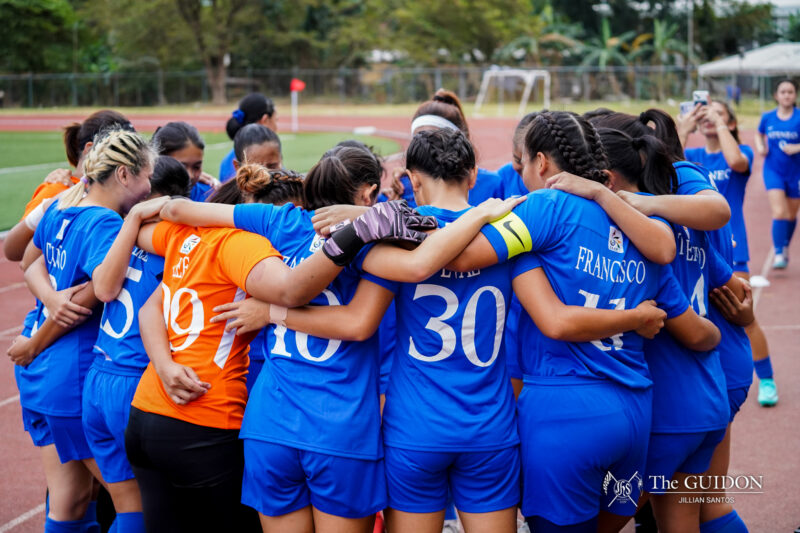UNDER MANY Filipino households are domestic workers or kasambahays who maintain these very homes. Despite their crucial role and prevalence in Filipino society, the sector is still plagued with various issues such as abuse, labor exploitation, and social stigma.
While there is legislation that seeks to address these problems, it has yet to see proper enforcement and budgeting from the government. Moreover, collectively organizing kasambahays into realizing their rights as workers remains a daunting task given the social and cultural obstacles inherent in their work.
Precarious helping hands
Filipino domestic work can be traced back to the pre-colonial era with the existence of householders or aliping namamahay. These work arrangements were often bound by oral agreements and reflective of the past social hierarchy.
Though today’s general work setups have become more formal, the nature of domestic work has remained both precarious and informal—serving as an easy job alternative for Filipinos without any formal training or education. University of the Philippines School of Labor and Industrial Relations Dean Ronahlee Asuncion, PhD points to socioeconomic inequalities and poverty as some of the major drivers of this industry.
This notion of domestic work as an informal industry is what keeps kasambahays under poor work conditions, according to Asuncion. For instance, employers often do not draft contracts with their domestic workers, relying instead on oral agreements. The lack of a work contract also deprives kasambahays of legal protection and social benefits such as Social Security System (SSS), Pag-IBIG, and PhilHealth insurance, among others.
Moreover, Asuncion argued that kasambahays are often unaware of their rights as workers or do not even acknowledge themselves as domestic workers because of the social stigma on their work. All these lead to an environment that leaves most workers vulnerable.
Apart from poor labor conditions, kasambahays often endure verbal, physical, and even sexual abuse that plagues this type of work. “Lalo na kung meron kang pamilya, [mga] anak, pinapakain, pinapa-aral … tinitiis kasi kailangan nila ng trabaho (Especially if you have a family [and] children to feed and send to school, you endure it all because you need the job),” Asuncion stressed. Thus, kasambahays are often caught in the tension between earning for their families and accepting poor work conditions—forcing them to put up with vulnerabilities and abuse.
Safeguarding domestic workers’ rights
As legislators realized how kasambahays are prone to abuse, they passed Republic Act 10361 or Batas Kasambahay outside of the Labor Code in 2012. However, a decade after its enactment, the law’s implementation has left much to be desired.
According to United Domestic Workers of the Philippines President Novelita Palisoc, most employers have been left unchecked from their negligence to fully shoulder their domestic workers’ social benefits as required by law. As a result, domestic workers have needed to file for self-employment under the SSS.
Accountability also remains to be exacted whenever employers merely cover half of the expenses of their employees’ benefits—even though it should be in full—or when they give such benefits via direct cash inconsistently.
Most of these problems have been left unresolved due to great lapses at the barangay level—one of the focal implementers of the Batas Kasambahay due to its proximity to households. “Hindi siya nangyayari kasi ang katwiran ng mga ibang barangay wala kasing ‘ngipin ang batas’ sabi nila (The law is not being implemented well because barangays argue that their units have no power),” Palisoc emphasized.
To this claim, Asuncion added that implementing the law is difficult because court orders are needed before entering private households.
What they deserve, what they need
Beyond addressing the issues surrounding the Batas Kasambahay’s enforcement, Asuncion explained that information campaigns and capacity training with concerned stakeholders remain lacking. This is further compounded by the lack of properly allocated budget for these complementing programs, which should be reconsidered by future government officials, noted Asuncion.
Meanwhile, Palisoc hopes that lawmakers will soon amend the Batas Kasambahay, notably to define live-in and live-out arrangements. Domestic workers on a live-in arrangement are covered by the law since they reside at the home of their employers; in contrast, those on a live-out setup are not. This circumstance, Palisoc said, has helped employers circumvent the law, as they have been hiring more employees on live-out arrangements to avoid paying social benefits.
These are but some of the prevailing issues which domestic workers continue to face, more so at a time great political activity. With the 2022 elections fast approaching, voting for the right executive and legislative candidates will be key to resolve and represent the needs of kasambahays. Ultimately, having a partner in government would help in initiating dialogues among legislators, implementers such as local government officials, and kasambahays, rendering the possibility for changes in the domestic workers’ community more plausible than ever before.




